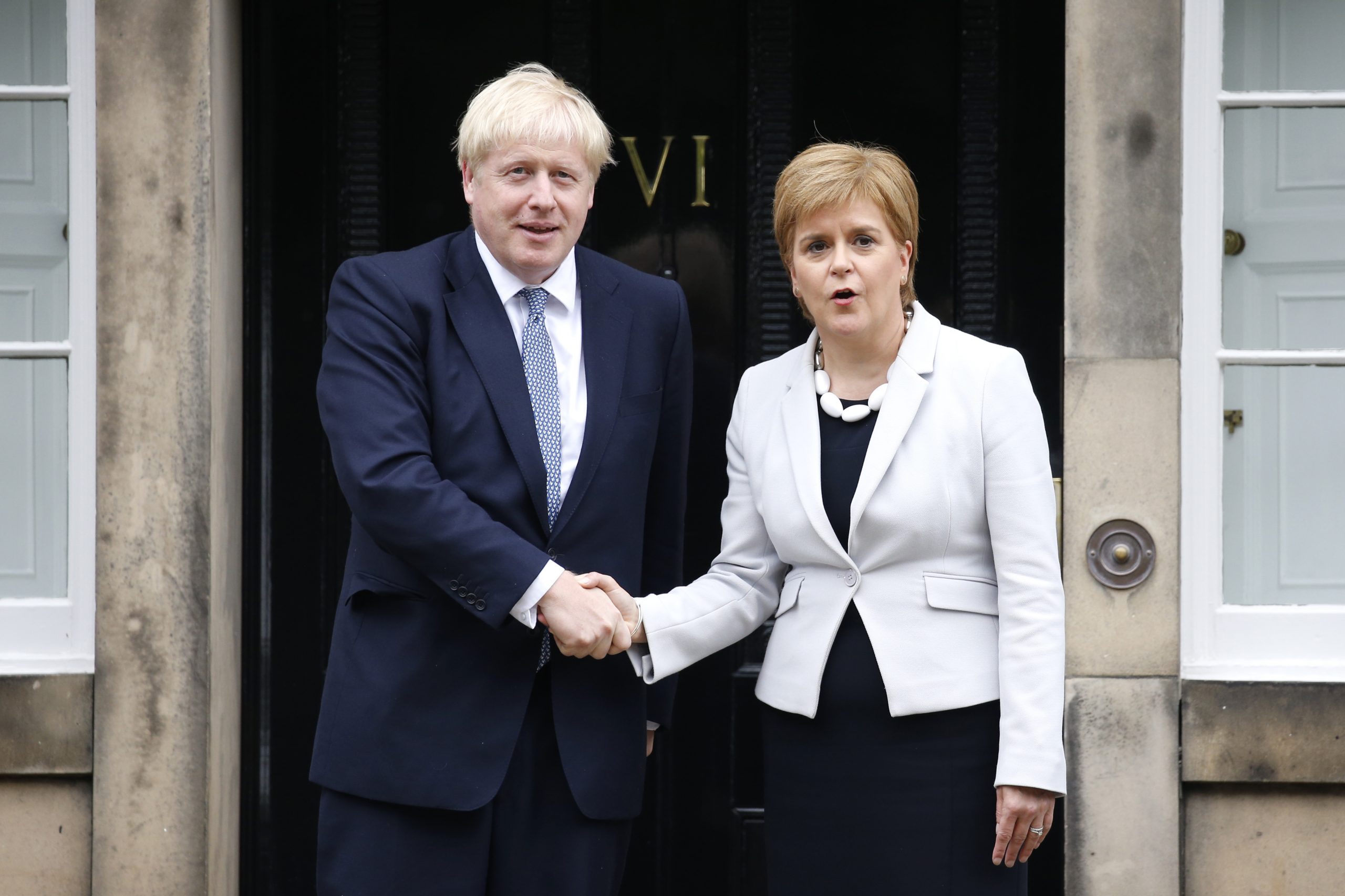
Boris Johnson’s tour of the United Kingdom continues today with a trip to Wales, where he will meet First Minster Mark Drakeford. He’ll expect a better reception in the streets of Wales than he did during his trip to Scotland yesterday, when he was booed by the crowd.
That’s the physical manifestation of what the polls, local elections, European elections and basic common sense would tell us: in choosing Boris Johnson, the Conservatives have opted to make themselves less popular among Remainers (of which Scotland has more than the United Kingdom as a whole) in order to boost their popularity among Leavers (of which Wales may still have more than the United Kingdom as a whole, although it is not wholly clear one way or the other).
If this multi-party moment does endure into the next election, projecting what that churn means for the number of parliamentary seats means is not clear. It could mean that a Johnson-led Conservative Party wins more seats in Wales, loses an equivalent number in Scotland and simply ends up in the same political position as Theresa May by a more acrimonious route. It could mean that he ends up in a far stronger position if his Scottish MPs can eke out narrow holds with fewer votes while he expands the size of his parliamentary party in Wales. Or it could mean that he ends up being defeated by the Liberal Democrats in the south of England, routed by the SNP in Scotland and fails to make up the numbers against Labour in England and Wales. And no one – not in Downing Street or in any of the opposition parties – can say for sure how the Johnson gamble will play out.





